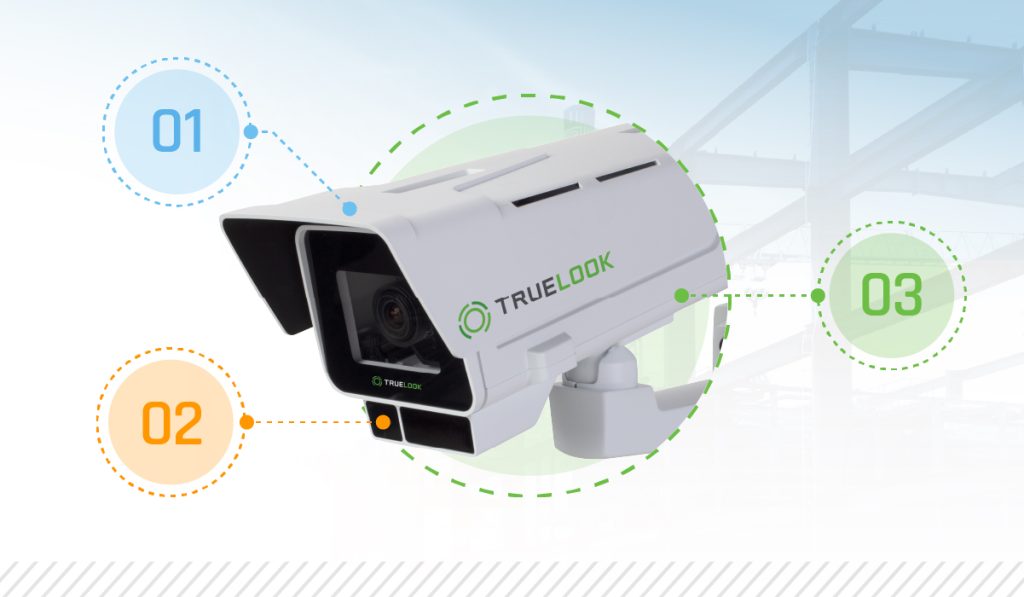
There’s no question that COVID-19 is introducing challenges to all sectors of the economy and forcing us to consider new approaches to old ways of doing things. Since the beginning of the pandemic, we’ve seen myriad new regulations, fluctuating stay-at-home orders and major changes in the way business is conducted, both within companies and externally.
As an essential industry, construction operations have continued throughout the pandemic; but construction firms are not immune to the challenges all sectors face due to COVID-19. Like other businesses, they must adapt to remote work and collaboration, comply with CDC recommendations and OSHA standards, and keep stakeholders updated and involved throughout projects.
As such, firms have had to pivot and react rapidly since March, and they’ve turned to technology for help. Two-thirds of respondents in a recent McKinsey executive survey believe that COVID-19 will accelerate digital transformation in construction, and more than half of respondents have expanded their technology investments.

Construction cameras can assist with many of the operational challenges presented by the pandemic, making remote work viable for back-office workers in construction firms and helping geographically distributed stakeholders communicate more effectively and efficiently. Here are three ways cameras are helping firms adapt to the “new normal”:
1. Enabling Remote Project Management
While we should all work to minimize travel and work from home when possible, remote work presents unique challenges to project managers and other personnel whose jobs entail visiting worksites and handling issues in person. Addressing jobsite mistakes in a timely manner, collaborating with crews and subcontractors, and consistently monitoring project status can be hindered by an inability to visit a site. With advanced construction cameras capturing live video and high-definition photos in real time and making them viewable via a web browser, project managers don’t need to visit jobsites in person. They can monitor and manage the project remotely, from anywhere.
2. Ensuring Onsite Safety and Compliance
Despite many back-office employees transitioning to working remotely, construction crews continue to work onsite every day, and they must adhere to strict safety guidelines set forth by the CDC and other governing bodies. With project managers primarily working remotely, enforcing CDC and HHS standards such as masks and social distancing can be challenging. If one worker comes to work with COVID-19 and infects others, a firm can face disastrous legal and financial impacts, and may see a sharp decrease in productivity. Construction cameras installed throughout the jobsite provide incentive to workers to comply with regulations while enabling project managers to spot and correct any potential violations.
3. Engaging External Stakeholders
Firms certainly feel the impacts of COVID-19 on their internal operations, but external stakeholders may feel even more disconnected from construction projects. Building owners and investors have significant interest in work status, completion dates, delays and budgetary issues. But an inability to travel means they can’t see what’s going on first-hand and must rely on communication from the project manager.
Construction cameras can provide 360-degree views of the jobsite in real time and the ability to share and markup images. Integrations with project management software such as Procore enable project managers to view and modify photos and videos of the site within the Procore application, then send them to stakeholders to communicate updates, ask questions, and address potential problems, all over digital channels.
Our new reality will continue to develop and change, and may look different post-pandemic, but one thing’s certain: The momentum of digital transformation will continue to grow. Putting the right technologies in place today will help firms prepare for a more efficient — and more profitable — tomorrow. Truelook construction cameras are helping firms complete more work remotely by streamlining internal processes and collaboration, helping managers enforce safety measures, and keep external stakeholders updated and involved, without requiring their physical presence.

